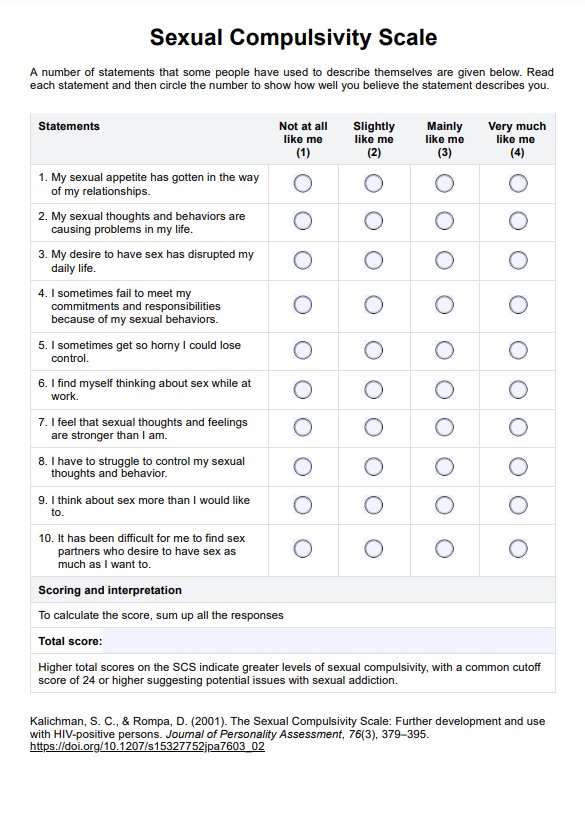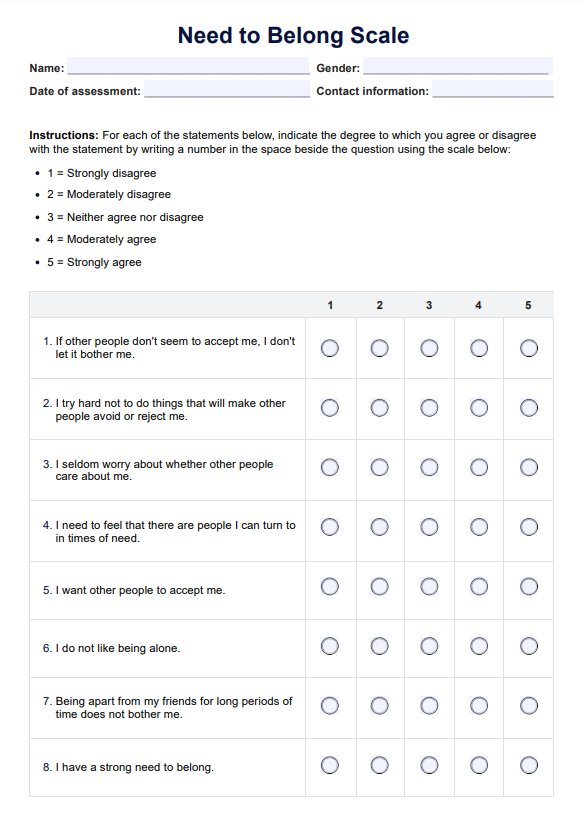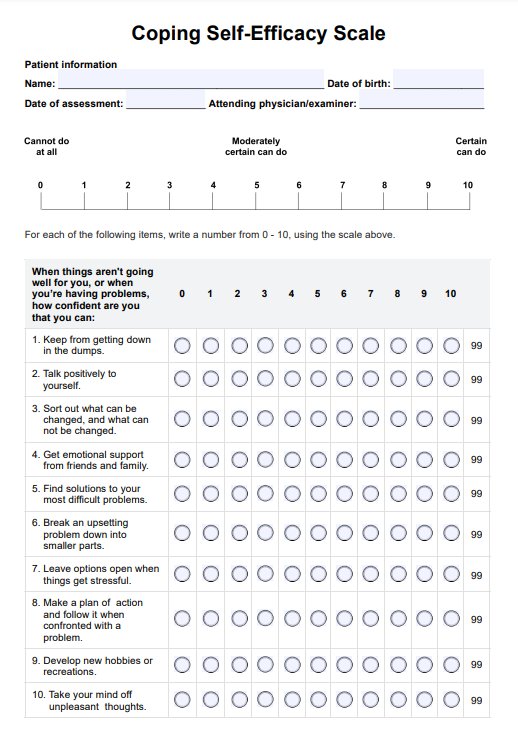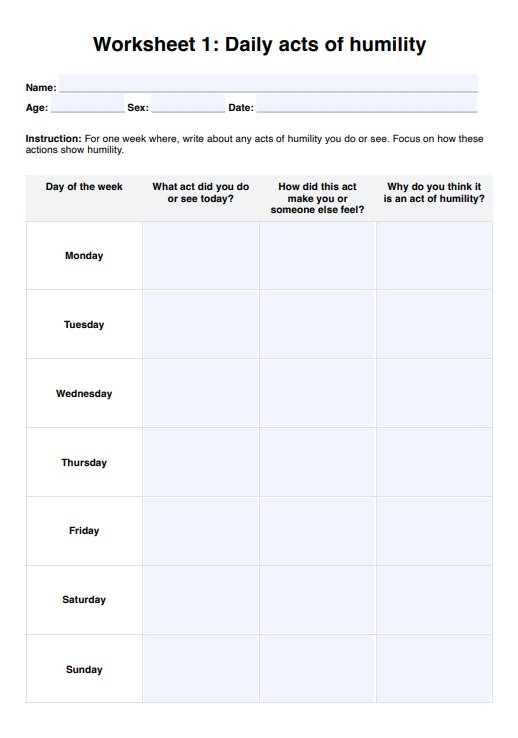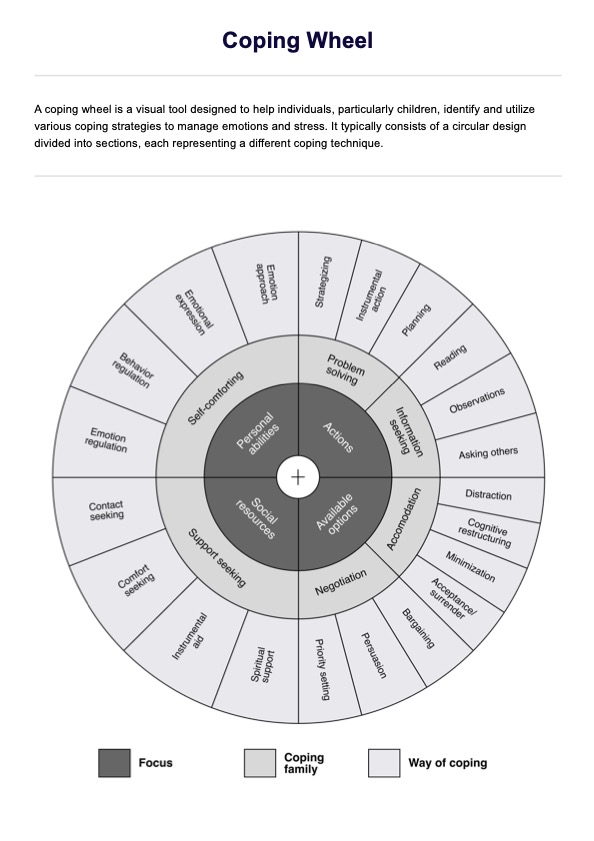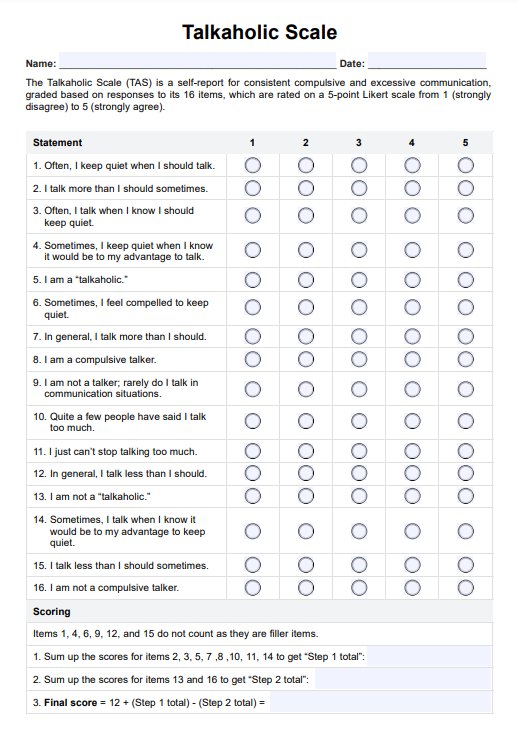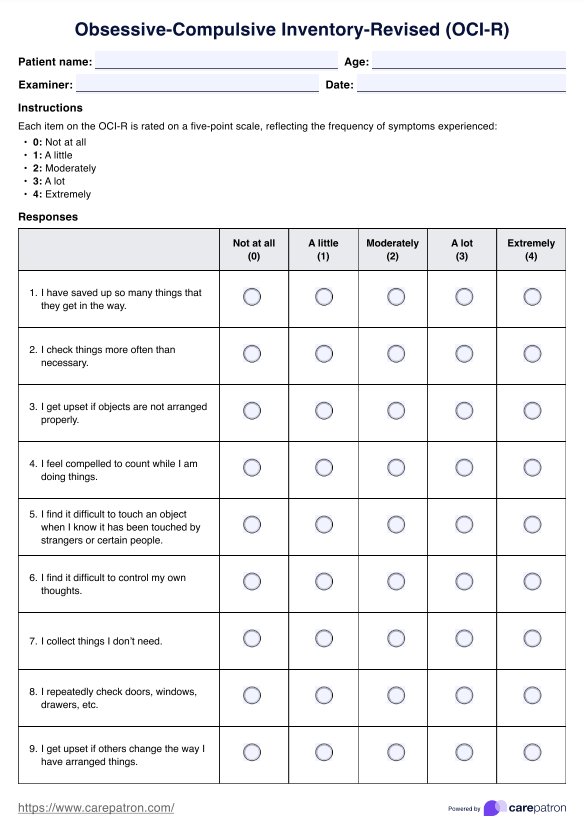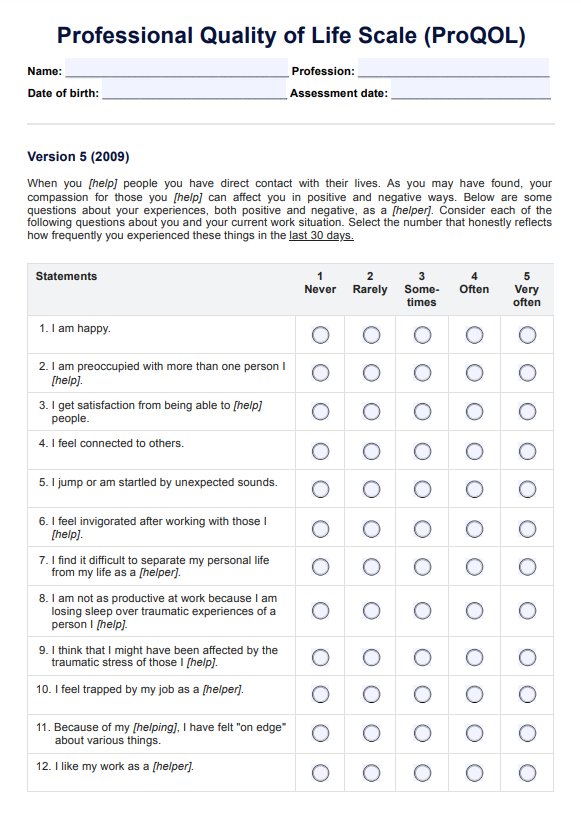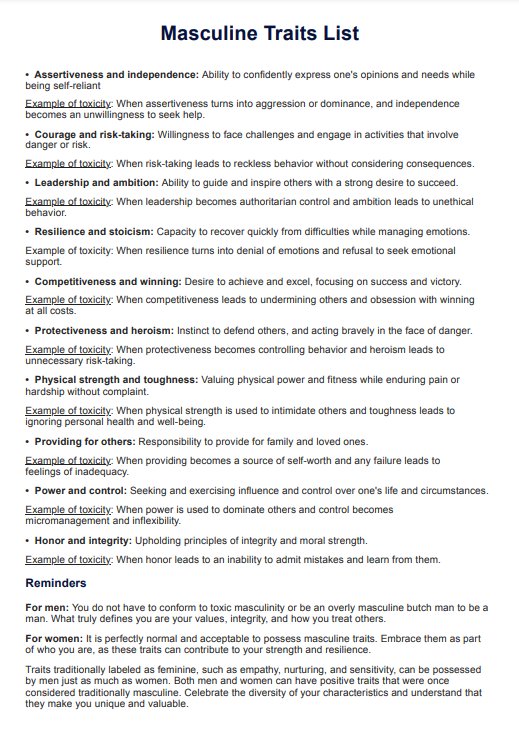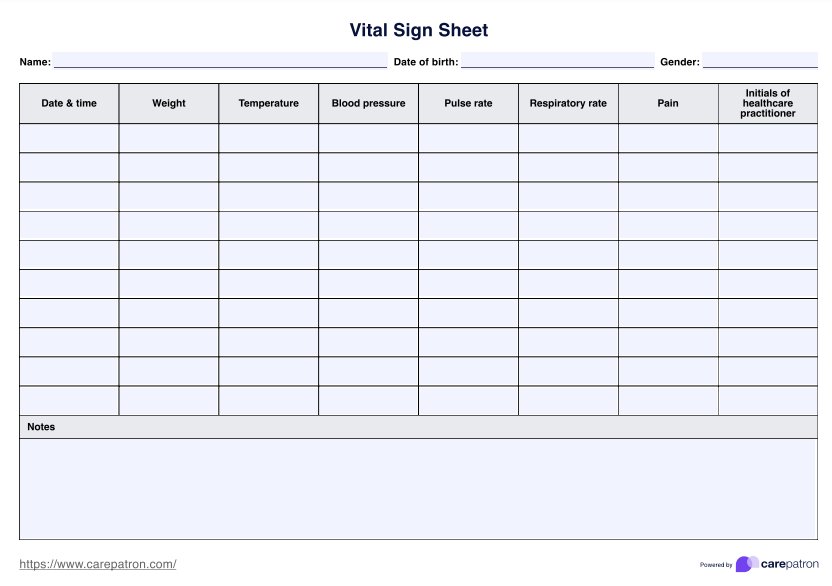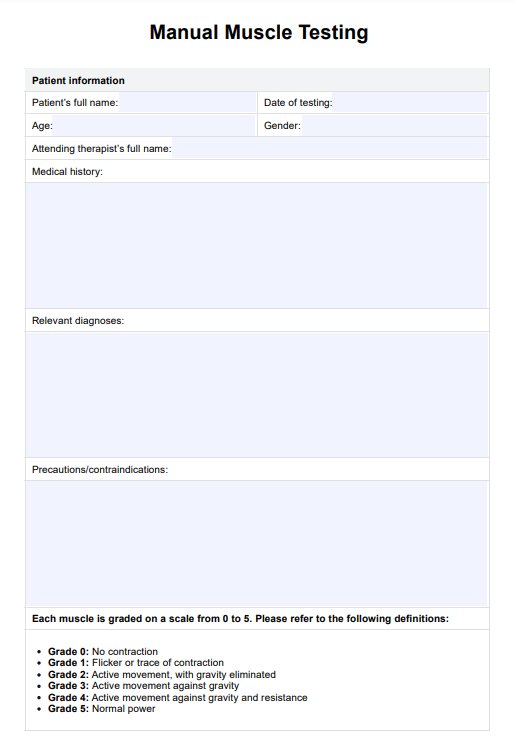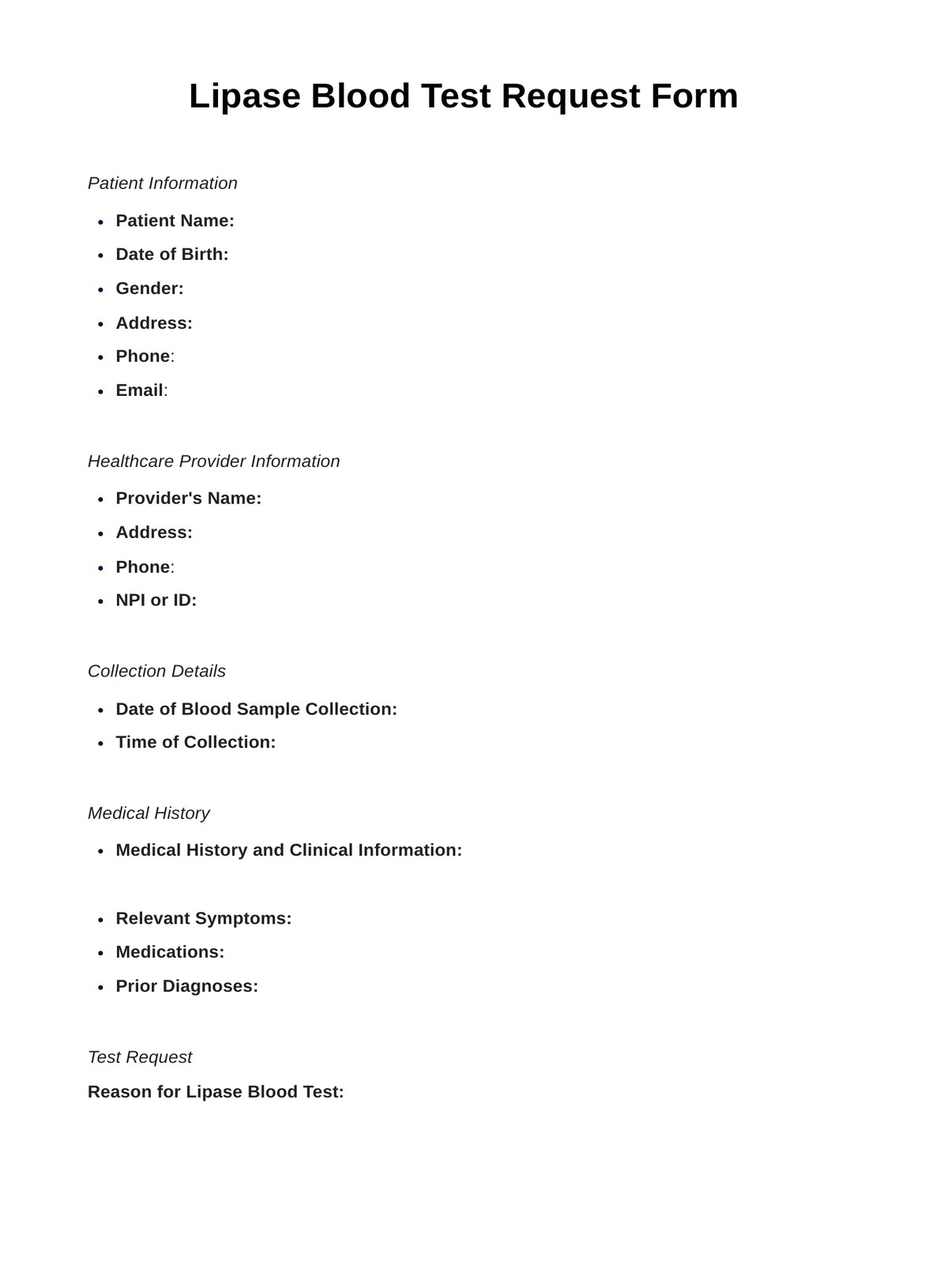Health Assessment
Click to learn more about this Health Assessment Form and how it can be completed collaboratively with patients to support their general well-being.


What is a Health Assessment?
A Health Assessment is a great way to gain a deeper understanding of a patient's well-being. It's an opportunity to assess a patient's health status and identify potential risks or concerns before they become significant issues. Health assessments are essential for effective and safe practitioner and patient interactions (Zator et al., 2019). Essentially, it is a preventative measure to keep patients healthy and thriving.
During a Health Assessment, a healthcare professional (usually a doctor from a general practice) gathers information about the patient's current symptoms or concerns, medical history, and lifestyle habits. It can also provide the practitioner with social factors within their client's life, such as family members, that may be useful for emotional support.
The information gathered during a Health Assessment is used to develop a personalized plan of medical care that addresses any health concerns (or a chief complaint) identified and helps the patient stay on track to achieving health goals. Health assessments can also support other staff members in understanding the needs of patients in their clinic (Agency for Healthcare Research and Quality, 2012).
By proactively taking care of a patient's health through regular assessments diagnostic tests, healthcare providers can catch potential medical problems early and prevent them from escalating into more severe health issues.
Health Assessment Template
Health Assessment Example
How to use this Health Assessment template
Regular Health Assessments are vital to maintaining good health and preventing illnesses. A comprehensive Health Assessment form helps healthcare providers collect crucial information about a patient's general lifestyle and current health status. This section will walk you through how to use our Health Assessment form in practice:
Step 1: Gather basic patient information
The first step is to fill out the patient's personal contact information, including their full name, gender, date of birth, address, phone number, and email address. This information is crucial to ensure the patient's medical record is up-to-date and accurate.
Step 2: Record their medical history
The next step is to indicate if the patient has any pre-existing medical conditions, such as high blood pressure, heart disease, or diabetes. This information is essential to determine the patient's health status and potential risks.
Step 3: Indicate their current medications
The patient should inform you of their current medications, including dosage and frequency. This information is critical to ensure no potential interactions between different medicines.
Step 4: Find out about their allergies
The patient should indicate if they have any allergies or adverse reactions to medications, foods, or environmental factors. This full contact information is essential to assist you in avoiding potential allergic reactions or adverse effects.
Step 5: Determine lifestyle factors
The patient should answer questions about their lifestyle, including tobacco and alcohol use, exercise habits, and other relevant information. This information is essential to determine potential health risks or lifestyle changes that could improve the person and overall health. This section also determines potential issues in psychological well-being.
Step 6: Ask for additional comments from the patient
Finally, the patient should provide any additional comments, findings, or information they want to share. This information can help identify potential health risks or concerns that may not have been captured or addressed in the previous sections.
When would you typically use Health Assessments?
Health Assessments can be helpful in various healthcare settings, including primary care, hospital care, and community health settings. Below are some scenarios where Health Assessments may be used:
- Primary care visits: Health Assessments are often used during regular check-ups or physical exams to gather comprehensive information about a patient's current medications, current concerns, and allergies.
- Hospital admissions: Health assessments are an essential part of the patient intake process. A thorough Health Assessment helps healthcare providers determine the patient's medical needs, create a care plan, and identify potential health risks.
- Occupational health settings: Health Assessments may be used to assess employees' health and determine their ability to perform job duties safely. Health Assessments can also identify workplace hazards and develop strategies to prevent injury and illness.
- Community health assessments: Health Assessments may be used in community health settings to gather data about the health needs of a specific population. This information can be used to develop health programs and policies that address the community's particular health concerns.
Information obtained from data used by practitioners and nurses can help them proactive steps to prevent and treat health conditions, ultimately improving patient outcomes.
Benefits of using this free Health Assessment template
Here are some benefits of using our template:
Efficient and time-saving
A free Health Assessment form can save time and stress for both the patient and the practitioner, as it provides a standardized document format for gathering essential information quickly and efficiently.
Comprehensive
A well-designed Health Assessment form can provide a comprehensive overview of the patient's lifestyle, risk factors, and health status. This information can help practitioners identify potential risk factors and develop personalized treatment plans.
Improved patient care
With this data, a detailed understanding of the patient's lifestyle, and current health status, healthcare practitioners can provide more informed and personalized care. This form can ensure that no critical information is overlooked and that patients receive all the necessary information and appropriate care and treatment they need.
Legal protection
A Health Assessment form can legally protect the practitioner and the patient. By documenting the patient's current health status, and treatment plans, practitioners can ensure they meet their legal and ethical obligations to provide appropriate care.
Improved patient engagement
Using a Health Assessment form can also improve patient engagement by further communication and allowing patients to be actively involved in their healthcare. Patients can provide critical information about their lifestyle factors, enabling healthcare practitioners to develop personalized treatment plans tailored to their unique needs and preferences.
Reference
Agency for Healthcare Research and Quality. (2012). Appendix 10: Health Assessment Information for Patients | Agency for Healthcare Research & Quality. https://www.ahrq.gov/ncepcr/tools/assessments/health-ap10.html
Zator, M. E. Z., Calleja, P., Theobald, K., & Harvey, T. (2019). Health assessment and physical examination. Cengage AU.
Commonly asked questions
Anyone seeking a comprehensive understanding of their health and wellness should complete a health assessment form. Health assessment forms can benefit individuals working with healthcare providers or health coaches to achieve their health goals.
Yes, many healthcare providers and health coaching services offer online health assessment forms for patients to fill out. This process can be a convenient option for individuals who prefer to complete the form from the comfort of their own homes.
The frequency of health assessment forms will depend on the individual circumstances of your patients. In general, it may be helpful to complete a health assessment annually or as needed to track changes in health status over time.


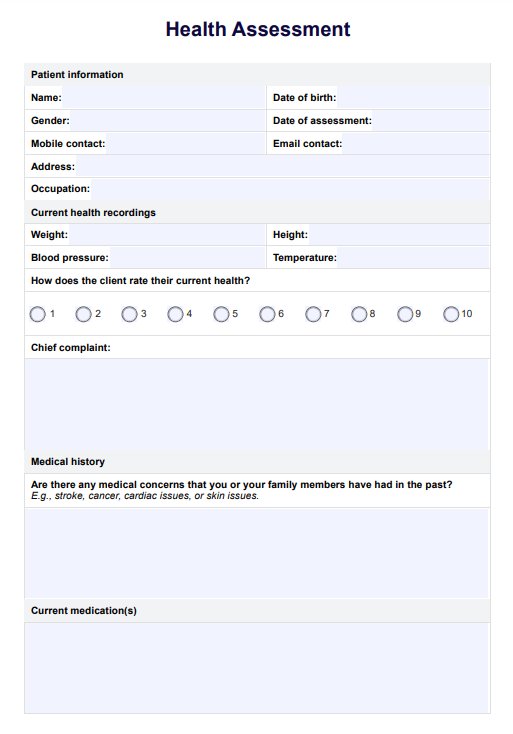
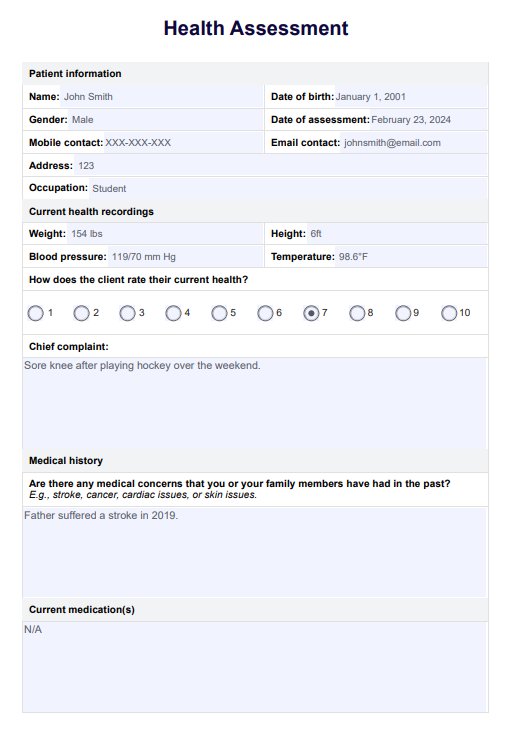

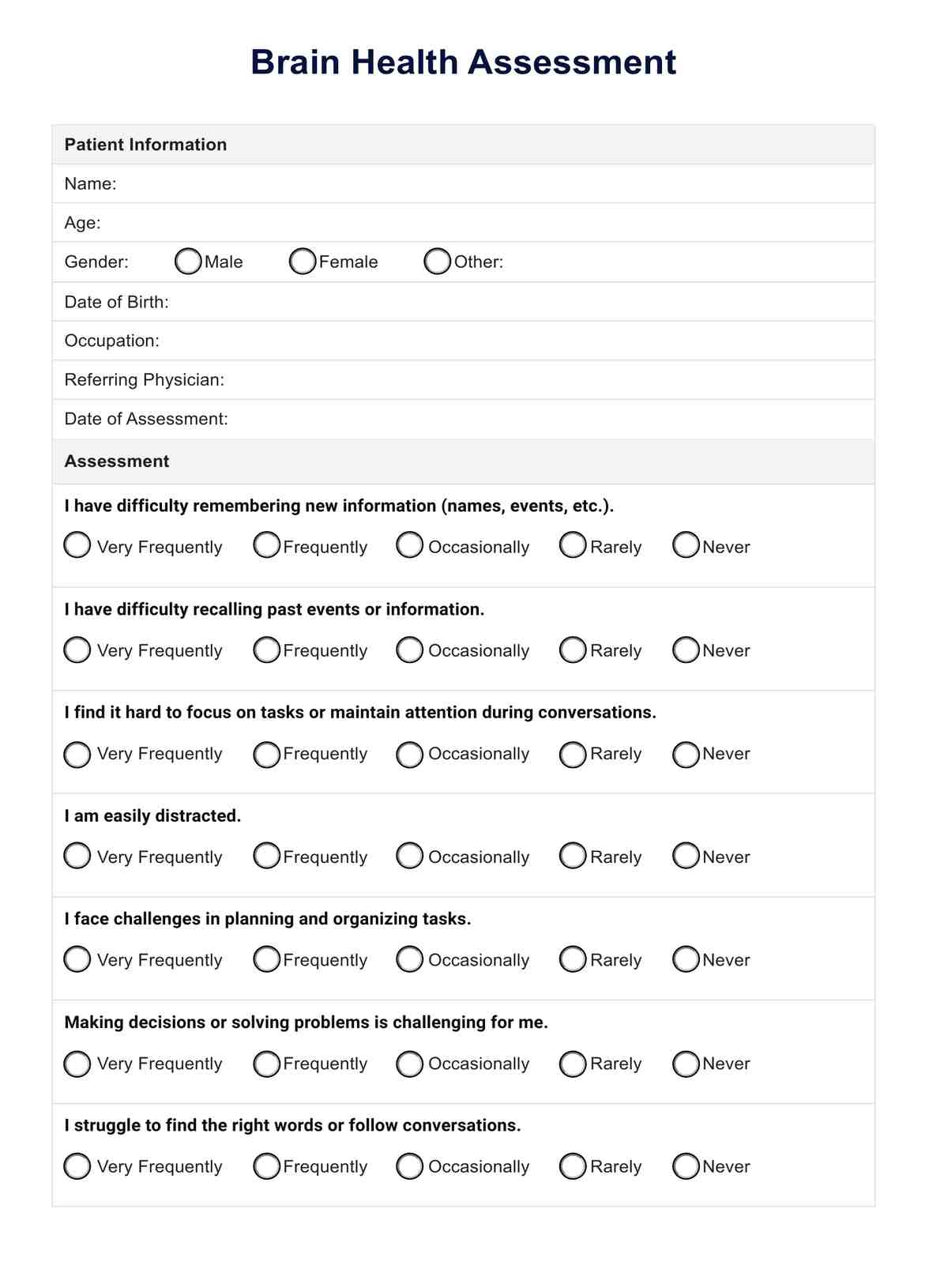















-template.jpg)



















































